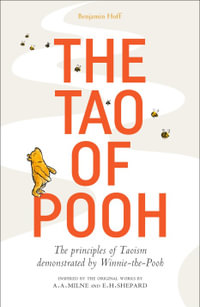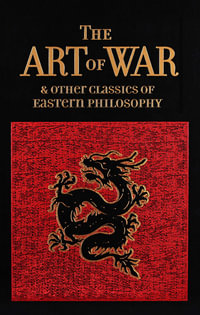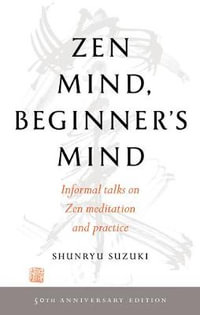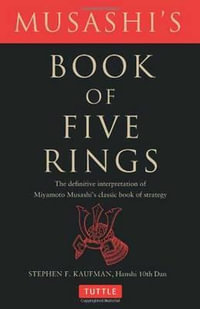Philosophy of The Bhagavad Gita: A Contemporary Introduction presents a complete philosophical guide and new translation of the most celebrated text of Hinduism.
While usually treated as mystical and religious poetry, this new translation focuses on the philosophy underpinning the story of a battle between two sets of cousins of the Aryan clan. Designed for use in the classroom, this lively and readable translation:
- Situates the text in its philosophical and cultural contexts
- Features summaries and chapter analyses and questions at the opening and end of each of the eighteen chapters encouraging further study
- Highlights points of comparison and overlap between Indian and Western philosophical concepts and themes such as just war, care ethics, integrity and authenticity
- Includes a glossary allowing the reader to determine the meaning of central concepts
Written with clarity and without presupposing any prior knowledge of Hinduism, Philosophy of the Bhagavad Gita: A Contemporary Introduction reveals the importance and value of reading the Gita philosophically.
Industry Reviews
In her lucid and student-friendly translation of the Bhagavad Gita, Maitra has uniquely and cogently reclaimed the centrality of the yoga of knowledge alongside karma and devotion through her astute philosophical eye. The introduction exemplifies Maitra's sharply refined ability to tack gracefully between South Asian and Eurocentric philosophical and ethical concepts in a finely woven integrative approach that allows students to engage this transglobal text with clarity. The "philosopher's corner" feature at the end of each chapter challenges students to query culturally diverse interpretations of agency, logic, ethics, and epistemology, making this translation my new top choice for pedagogical use. -- Katherine C. Zubko, Associate Professor of Religious Studies, University of North Carolina Asheville, USA.
This may well become the standard translation for teaching the Bhagavad Gita in philosophy courses. Maitra has done an admirable job of balancing the demands for readability and fidelity to the original text. Her Introduction is excellent, striking an ideal balance between scholarly rigour and accessibility for an undergraduate audience. The discussions of the context and the philosophy of the Gita will prepare students well for their first reading of the text. The chapter introductions and "Philosopher's Corners" will help students and instructors alike to appreciate the philosophical depth that lurks beneath the poetic surface of the Bhagavad Gita. -- Jeremy Henkel, Assistant Professor of Philosophy Wofford College, USA
Maitra deserves much praise for a translation that will be widely appealing to a reader at any level of familiarity with the BG or its yogic dialogues. Her willingness to engage the text's visionary potential ... and its philosophical underpinnings ... takes rare skill and a keen awareness of textual nuances. * Reading Religion *
Professor Maitra's edition of the Bhagavad Gita is a welcome and valuable contribution to our field, as it both invites and enables her readers to engage the text in light of enduring philosophical questions. Her Introduction is tremendously useful in situating the text in its historical and conceptual contexts. Further, she provides a translation that is at once evocative and philosophically precise - and is supported by a helpful glossary. We are fortunate to now have access to a volume that so effectively makes this philosophically rich text accessible to students, general readers, and academics alike! -- Elizabeth Schiltz, Associate Professor of Philosophy and Chair of East-West Philosophy, College of Wooster, USA
True to a text structured by questions and answers, this edition engages in a living dialogue with the Bhagavad-Gita. Maitra highlights essential philosophical questions and approaches in a vibrantly comparative way, illuminating the applied nature of the philosophy throughout. The didactic and devotional, social and literary strands are identified to enable us to see more clearly the complex coherent fabric of the text. A masterful achievement. -- Brian S. Hook, Director of Humanities, Professor of Classics University of North Carolina, Asheville USA
























